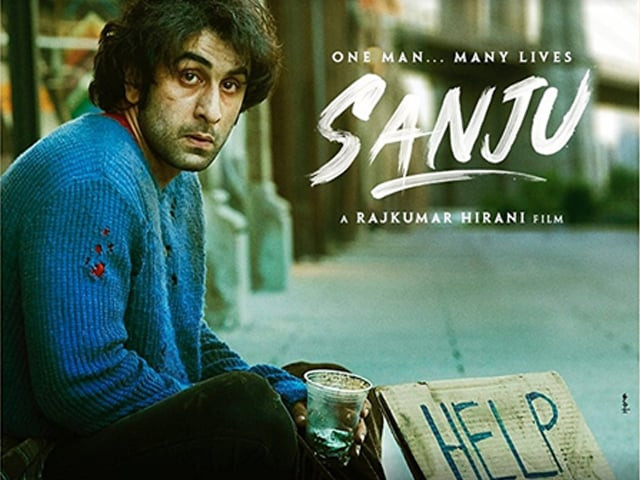Being a therapist, I have seen people and families facing all kinds of stigma for having any psychological issues, but never have I ever seen a stigma so intense and heartbreaking for the family as that of drug or substance abuse disorder.
Growing up, I had a close maternal relative living with us who was addicted to drugs and substances. As a child, I had seen him suffering and struggling with himself and desperately jumping to any channel of healing that would promise solace. From pir babas to rehabilitation centres, he went looking everywhere for a way to get rid of his addiction and regain self-control.
He lost his family, he lost his children, he lost his career, he lost all his self-respect, he lost the love of everyone who once cared for him, and in the end, he lost his life amidst other people like him, probably on a footpath or under a bridge – homeless, hopeless, loveless, childless and kin-less.
We still don’t know where he went after running from rehab for the 10th time, one of the addicts told us that he died years ago on the street and was buried by Edhi services. Now, a decade after that, as a therapist, I realise that he had schizophrenia and his addiction was a response to that mental condition – as it is with people with a psychotic disorder.
Fast forward to 2018, I watched Sanju recently and despite disagreeing on so many aspects of the film, my heart cheers for how he triumphed his addictions. When I heard one of my acquaintances say that Sanju was just the glorification of a loser, I got triggered emotionally.
My blood boils when I hear opinions of people reflecting the general attitude of our society towards drug and substance addiction. I spend half of my day with people struggling with relationships, failing at life, seeking parental support in their 40s, surviving multiple divorces and staying at the mercy of their weak self-control in terms of food, pornography, sex and drugs.
I don’t know Sanjay Dutt, but I know these people. I spend time with these people and witness the incredible pain their families bear at the hands of privileged people like my acquaintance stigmatising them. My acquaintance is privileged because she is not prone to addictions or any other psychological difficulties. These people use the privilege of having a decent mental health as a license to belittle those who are not like them.
People who have seen early deaths in their families, their cousin going through drug addiction and best friends who sticks with them in hard times will understand the film Sanju.
— Dipiya Dilawari (@Dipdil) July 5, 2018
Rest of the people can keep on complaining that the film was bad.
She has no idea what Dutt and the people around him went through. His triumph over his addiction should in fact be celebrated because not many are able to be free of their illness. Would you not celebrate if people won from cancer, a disease that slowly spreads and kills you? Addiction ruins your life before slowly deteriorating your health and killing you. While watching Sanju, we should be inspired by his strength and his willingness and not be disgusted by his problem in the first place.
https://twitter.com/aman_jha94/status/1014174830776680448
I remember one unfortunate incident when Shahmir Asif Bajwa, a fifth semester student at Lahore University of Management Sciences (LUMS), lost his life to drug overdose (OD). People within and outside the campus went berserk and held Bajwa responsible for his own death – acting as if he did not deserve any sympathy, grief and mourning.
In our country, the taboo of losing one’s life to drug overdose is bigger than the taboo of suicide; Bajwa was seen as a complete waste of life and nothing else he did mattered to anyone. Nobody saw him as a son, as a friend, as a student and most importantly, as a human being. He was just a drug addict for people and they did not see his death as a loss for the family but instead saw it as good riddance or a blessing in disguise.
It was forgotten that keeping drugs may be an illegal act, but the psychological factors and craving that lead Bajwa to OD were problems that needed to be addressed.
Given that, I wish people could understand that addiction is a psychological disorder just like depression or anxiety. Yet, it is stigmatised the most. We tend to hate addicts, believing that they have it all under control and just need to “man up”. We cannot even comprehend the cycle of shame, guilt and self-loathing an addict goes through before escaping into the drugs again as a coping strategy. We have no idea that one gets addicted because one has the genes for it, and the mere absence of these genes doesn’t make you a smarter or better human being.
https://twitter.com/VoDekhoEngineer/status/1012770039521595392
An addict needs your support just as much as any sick person. He is not someone you disown or turn away, that will not solve the problem. Instead of seeing addicts as disgusting human beings, we need to show some empathy and help them. Mental illnesses themselves are taboo but addiction is never taken as an illness; it is taken as lack of self-control which to society is merely a flaw in the person’s character.
It is time we change that!



COMMENTS
Comments are moderated and generally will be posted if they are on-topic and not abusive.
For more information, please see our Comments FAQ